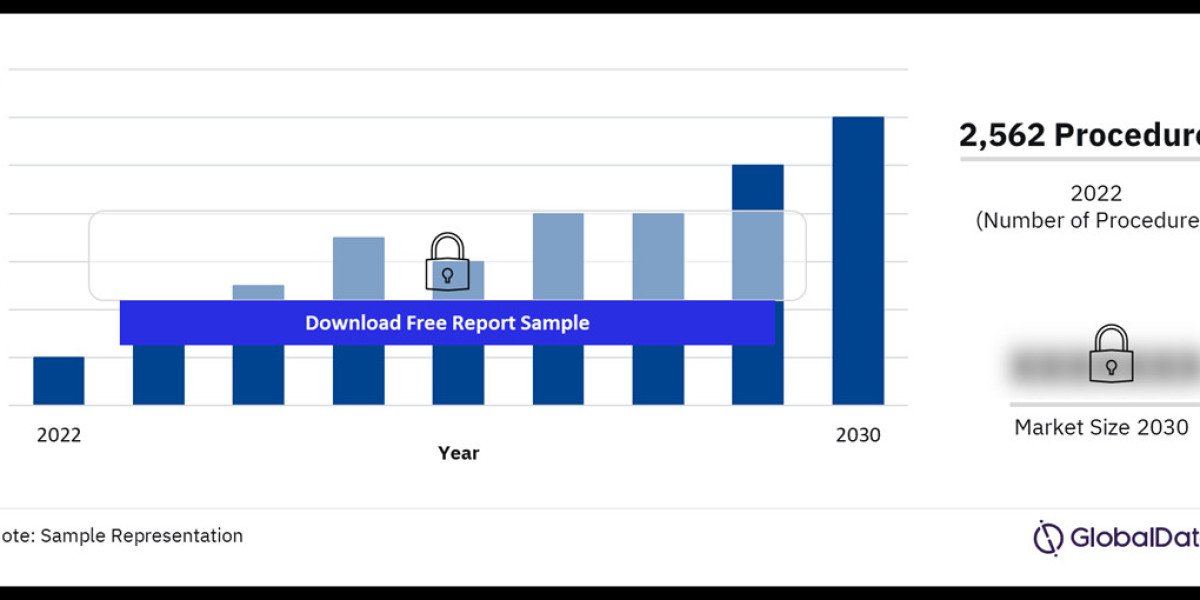Financial inclusion is a crucial aspect of economic development, and Fintech Companies are playing a vital role in ensuring that banking services are accessible to all. By leveraging advanced technology, these companies are bridging the gap between traditional banking institutions and unbanked populations. In this blog, we will explore how fintech is driving financial inclusion and how Paysprint solutions for fintech businesses contribute to this transformation.
Understanding Financial Inclusion
Financial inclusion refers to the accessibility of financial services such as savings accounts, loans, insurance, and payment systems to individuals and businesses, regardless of their economic background. Traditionally, people in remote areas, low-income groups, and small businesses have struggled to access these services due to high costs, strict regulations, and lack of physical banking infrastructure.
How Fintech Companies Are Bridging the Gap
Fintech Companies have introduced several innovative solutions to improve financial accessibility, including:
Digital Banking & Mobile Payments
With mobile banking and digital payment apps, fintech firms have eliminated the need for physical bank visits. Even individuals in remote areas can now access financial services using their smartphones.Microfinance & Digital Lending
Traditional banks often require extensive documentation and collateral for loans, making it difficult for small businesses and individuals to access credit. Fintech lenders use alternative credit scoring models to provide microloans quickly and efficiently.Agent Banking Networks
Many fintech firms partner with local agents to provide financial services in areas where traditional banks have limited reach. These agents act as intermediaries, helping people deposit, withdraw, and transfer money securely.Affordable Insurance Solutions
Fintech companies are offering micro-insurance products tailored to low-income individuals, providing them with financial security against unforeseen circumstances.Blockchain & Cryptocurrency
By leveraging blockchain technology, fintech firms are creating decentralized financial systems that offer secure and transparent transactions, particularly in regions with unstable banking infrastructure.
How Paysprint Solutions Contribute to Financial Inclusion
Paysprint solutions for fintech businesses are designed to support fintech firms in providing seamless financial services to underserved populations. Some of the key benefits of Paysprint solutions include:
Seamless Payment Processing: Ensures that transactions are fast, secure, and accessible through multiple digital channels.
Easy Integration for Fintech Firms: Paysprint’s API-driven solutions allow fintech businesses to incorporate financial services into their platforms effortlessly.
Secure & Scalable Infrastructure: Offers a robust system to handle high transaction volumes while ensuring data security.
Support for Agent Banking: Helps fintech companies expand their reach through local agents who facilitate banking services for unbanked populations.
The Future of Financial Inclusion
As fintech continues to evolve, the goal of achieving universal financial inclusion is becoming more realistic. With the support of innovative companies and solutions like Paysprint solutions for fintech businesses, millions of unbanked individuals can now access the financial services they need to improve their lives.
By embracing fintech solutions, governments, businesses, and individuals can work together to create an inclusive financial ecosystem where everyone has equal access to banking and economic opportunities.









